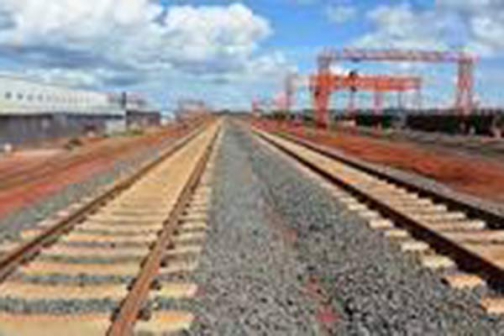
Economists are unanimous that infrastructure is one of the pillars that underpin a country’s growth. Indeed, the state of transport systems is one of the key factors investors take into consideration before putting their money in a country.
Most developed economies today attribute their success to massive investment in infrastructure. African countries have always been counselled that for them to attract more foreign direct investment and turn around their fortunes, they have to significantly improve the state of their transport arteries, which are mainly roads and railways.